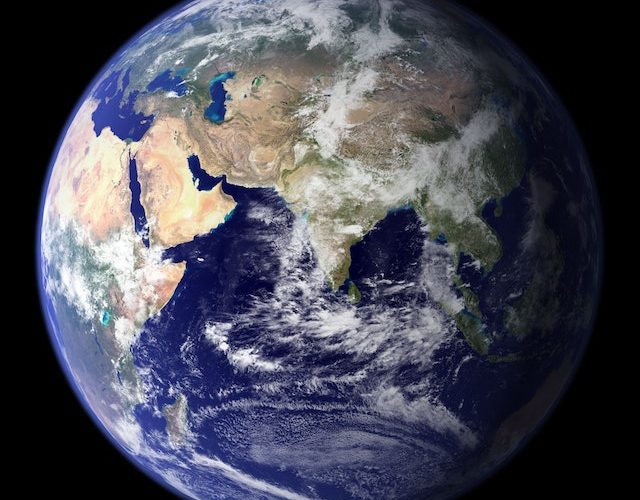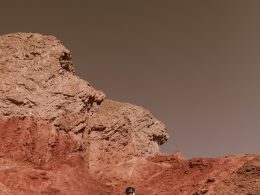The concept of creating black holes on Earth, as envisioned by the renowned physicist Stephen Hawking, offers a unique opportunity to deepen our understanding of the cosmos and explore the mysteries that lie beyond. While the idea may seem audacious, it holds the potential to unlock invaluable insights into the fundamental nature of the universe.
One of the primary motivations behind Hawking’s proposal is the desire to test and refine our current theories of black holes. These enigmatic cosmic entities, characterized by their immense gravitational pull, have captivated the scientific community for decades. By replicating and studying black holes in controlled laboratory conditions, scientists aim to gain a deeper understanding of their formation, behavior, and the laws of physics that govern them.
Creating black holes on Earth could also shed light on some of the most pressing questions in theoretical physics. For instance, it could provide a platform to explore the connection between general relativity, which describes gravity on a large scale, and quantum mechanics, which governs the behavior of particles on a subatomic level. Currently, these two theories appear to be incompatible, and black hole experiments could offer valuable insights into reconciling them, leading to the long-awaited theory of quantum gravity.
Furthermore, the creation and study of black holes in a controlled environment could have implications for our understanding of the early universe. Scientists believe that the conditions within black holes might resemble those during the early stages of the universe, providing a unique window into the fundamental processes that shaped our cosmos. By observing the behavior of matter and energy within artificially created black holes, we may gain insights into the origins of the universe, the nature of spacetime, and the fundamental building blocks of reality.
Another potential benefit of creating black holes on Earth is the opportunity to explore the phenomenon of Hawking radiation. Stephen Hawking’s groundbreaking work showed that black holes are not entirely black, but rather emit a faint radiation due to quantum effects near the event horizon. By studying this radiation in laboratory-created black holes, scientists could validate and refine Hawking’s theory, deepening our understanding of quantum field theory in curved spacetime and the interplay between gravity and quantum mechanics.
However, it is essential to acknowledge the potential risks and challenges associated with such experiments. Ensuring the safety of researchers, the public, and the environment is paramount. Robust safety protocols, risk assessments, and international collaboration would be necessary to mitigate any potential hazards and ensure responsible scientific exploration.
Moreover, public engagement and transparency are critical in discussions surrounding the creation of black holes. By involving the wider public in the decision-making process, addressing concerns, and providing education about the potential benefits and risks, we can foster a sense of ownership and shared responsibility in the pursuit of scientific knowledge.
In conclusion, Stephen Hawking’s vision of creating black holes on Earth offers an exciting avenue for scientific exploration and understanding. By replicating these cosmic phenomena, we have the potential to test theories, explore the fundamental nature of the universe, and gain insights into the mysteries that lie beyond. However, responsible scientific practices, including rigorous safety measures, public engagement, and international collaboration, are essential to ensure that these experiments are conducted ethically and with due consideration for the well-being of humanity. With a cautious approach, the creation of black holes on Earth could unlock profound discoveries and revolutionize our understanding of the cosmos.











